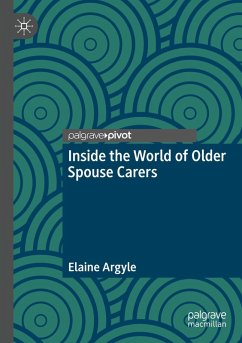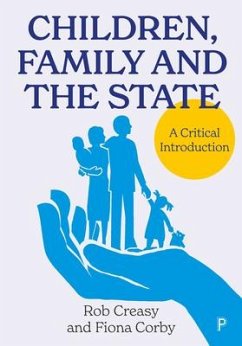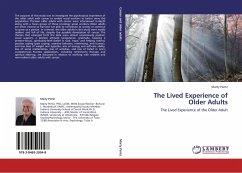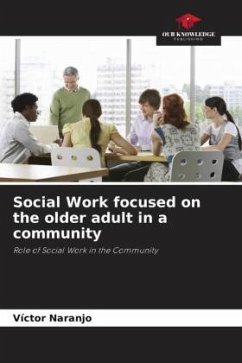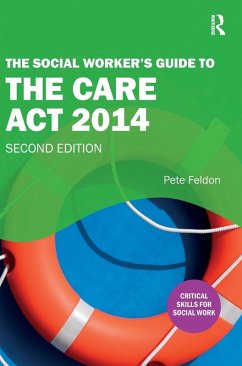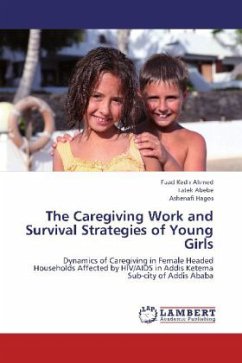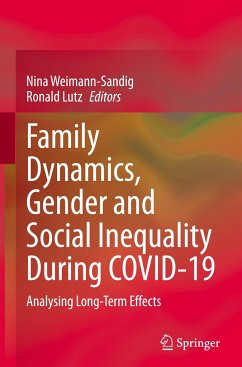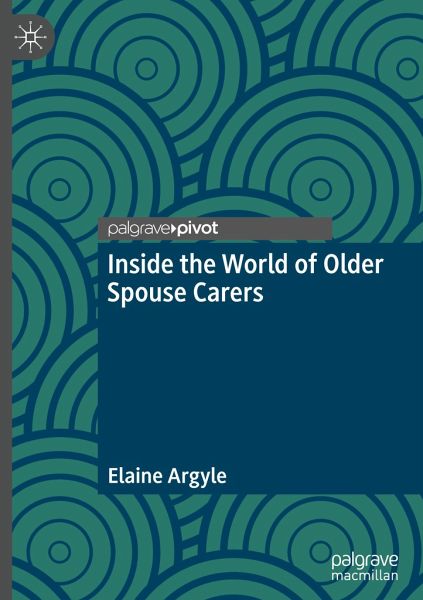
Inside the World of Older Spouse Carers
Versandkostenfrei!
Versandfertig in 6-10 Tagen
31,99 €
inkl. MwSt.
Weitere Ausgaben:

PAYBACK Punkte
16 °P sammeln!
This book explores the experiences of older people who provide care within marriage, highlighting the neglected role of older spouse carers and the positive social contributions they make. Drawing on relevant data, literature and research including in-depth interviews conducted with 26 older spouse carers, the author challenges classed, gendered, and other assumptions and expectations around older age and unpaid caring. These include the beliefs that older age is a time of passivity and dependency, that caring is a primarily female role that transcends class divides and that this caring is a n...
This book explores the experiences of older people who provide care within marriage, highlighting the neglected role of older spouse carers and the positive social contributions they make. Drawing on relevant data, literature and research including in-depth interviews conducted with 26 older spouse carers, the author challenges classed, gendered, and other assumptions and expectations around older age and unpaid caring. These include the beliefs that older age is a time of passivity and dependency, that caring is a primarily female role that transcends class divides and that this caring is a normal part of the spousal relationship and not worthy of special attention. In addition to challenging these assumptions, the book will consider the implications of findings for service provision.
This book will be of interest to scholars and researchers in Social Care, Sociology, Gerontology, and Gender Studies. In addition, practitioners and policy makers may also find this bookof interest.
This book will be of interest to scholars and researchers in Social Care, Sociology, Gerontology, and Gender Studies. In addition, practitioners and policy makers may also find this bookof interest.



